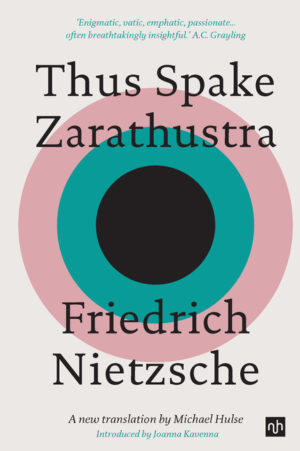"Nietzsche does not belong entirely to philosophers. He was a philosopher-poet concerned not simply with describing and explaining the world as he found it, but with identifying and employing the electrifying arts that make the world appear uncanny and ineffably deep." –Tamsin Shaw
"Nietzsche wants to hear idols break. Dismay, exasperation, anger, outrage, disgust, humiliation disappointment: they fuel his philosophy, and it is little without them. Exhilaration, joy, exuberance, excess: they feed it too." –William H. Gass
"Paul Reitter and Chad Wellmon's introduction and notes helpfully contextualize Nietzsche's barbs, though much of what Nietzsche has to say transcends the milieu in which it was written, and many of his criticisms will resound with readers today...this translation, with its useful notes and introduction, certainly provokes and surprises." –Jon Morris,
Popmatters "Whether we acknowledge it or not, we continue to live within the intellectual shadow cast by Nietzsche. Postmodernism, deconstructionism, cultural relativism, the "free spirit" scorning bourgeois morality, even New Age festivals like Burning Man can all ultimately be traced to him." –Francis Fukuyama,
The New York Times Book Review "Prof. Nietzsche was one of the most prominent of modern German philosophers, and he is considered the apostle of extreme modern rationalism and one of the founders of the socialistic school, whose ideas have had such a profound influence on the growth of political and social life throughout the civilized world...his doctrines however, were inspired by lofty aspirations, while the brilliancy of his thought and diction and the epigrammatic force of his writings commanded even the admiration of his most pronounced enemies, of which he had many." –
The New York Times "Having challenged the foundations of all external authority, Nietzsche demonstrated that the intellect, once it frees itself of all binding illusions philosophical, religious, and cultural, knows no piety, no party, and no platform." –Jennifer Ratner-Rosenhagen,
The Making of the American Nietzsche





